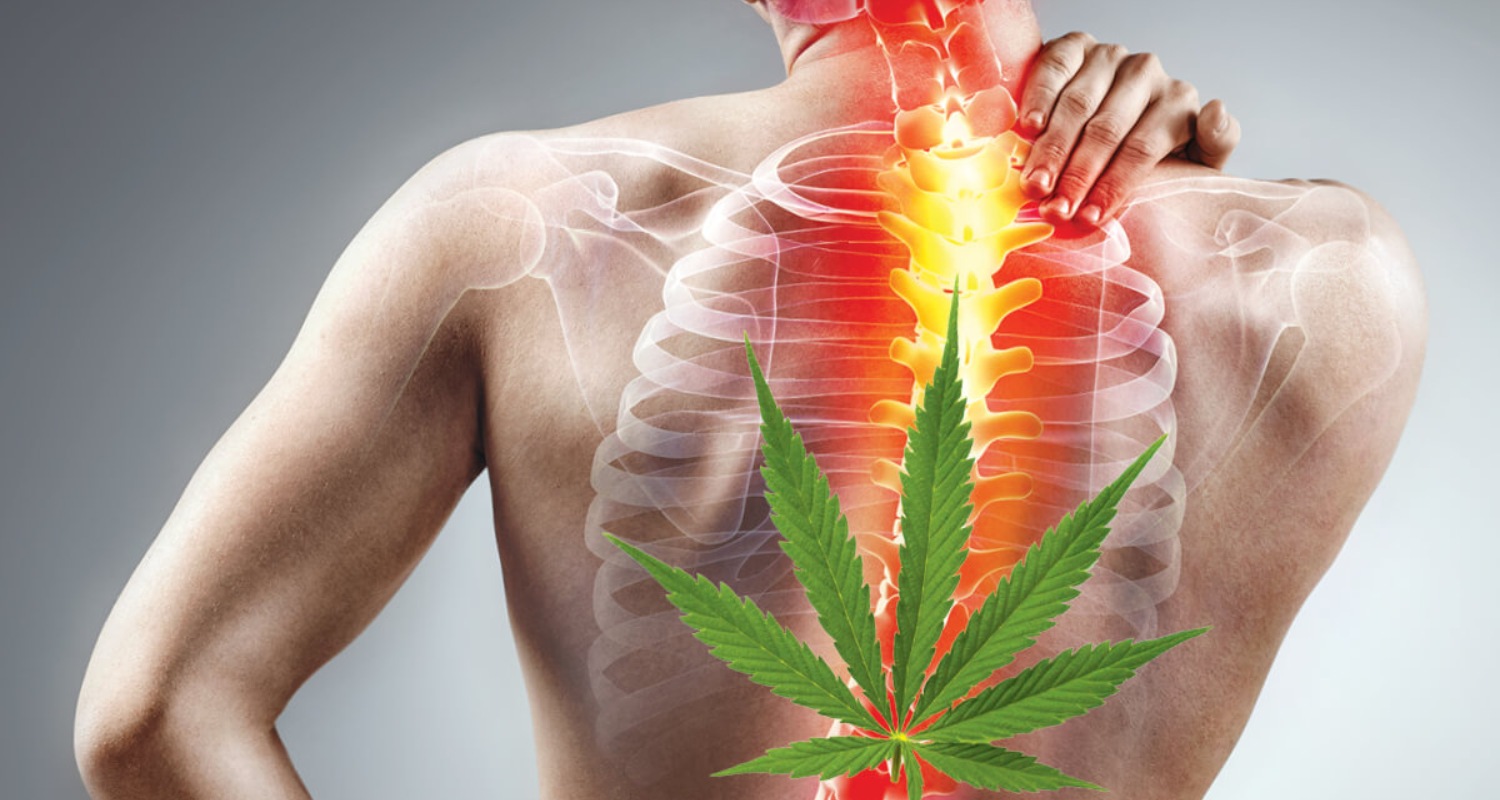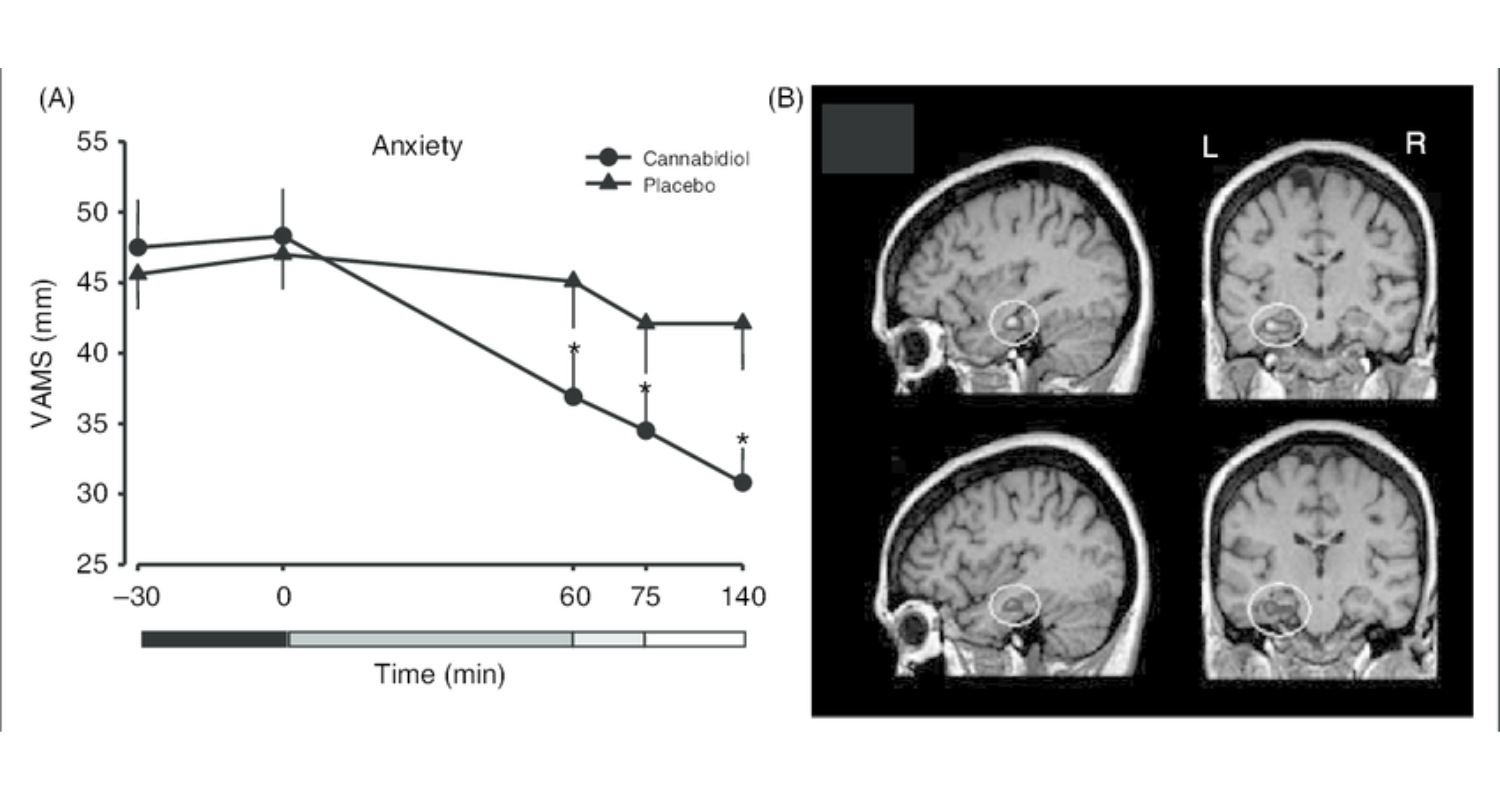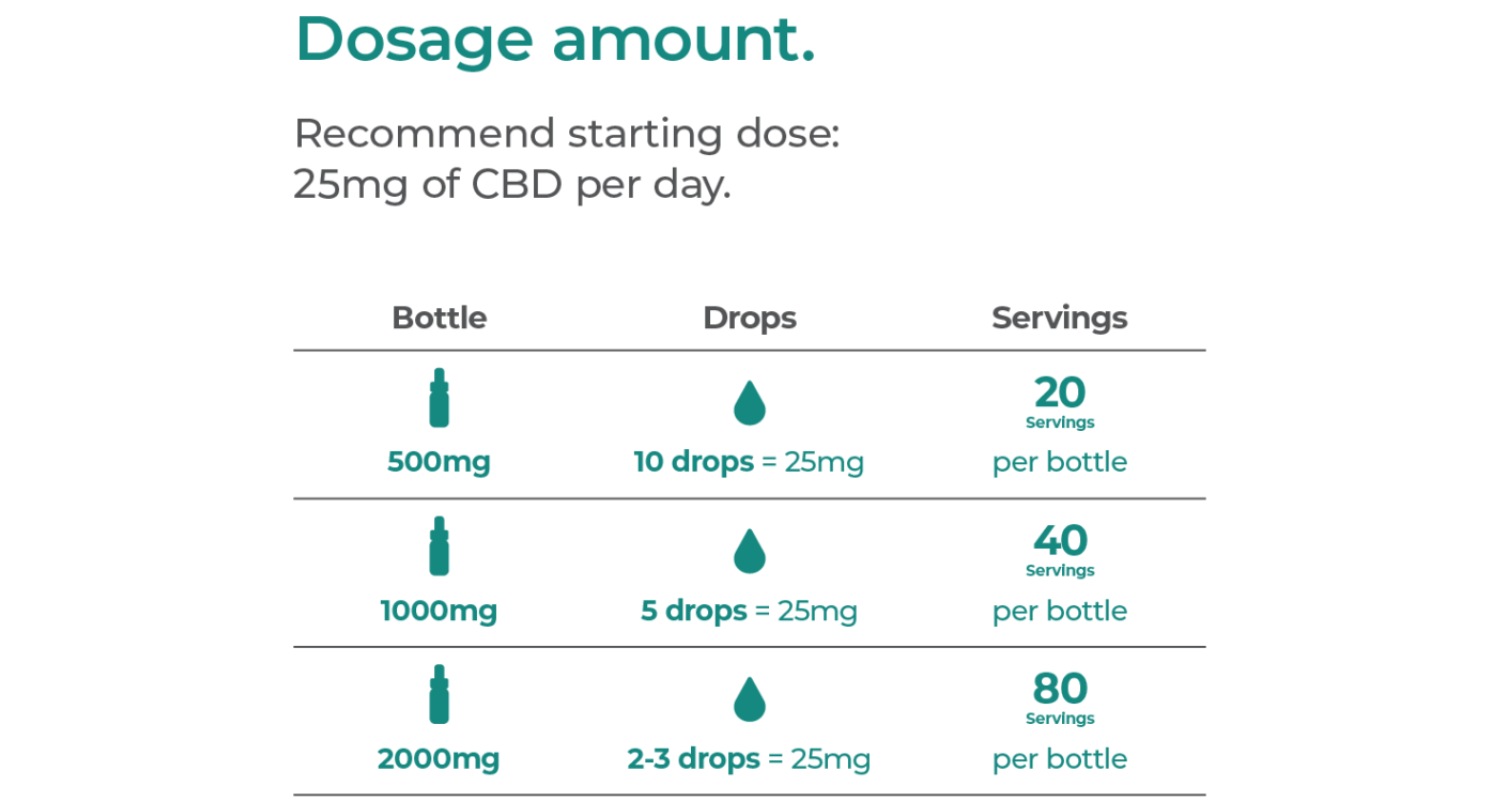CBD for Muscle Spasms: Studies, Benefits, and Dosage

Muscle spasms can become so severe that people cannot carry out their daily activities properly. In this backdrop, CBD is a natural remedy to relieve pain or any joint injury. Extracted from a plant named hemp, CBD provides potential relief to muscle cramps and spasms through its anti-inflammatory and pain-relieving properties.
Some of the benefits of using CBD for muscle spasms are multifaceted. For instance, CBD videos show it improves muscular recovery after exercise by reducing inflammation and pains that result from muscle damage. It helps relax muscle tension and enhances flexibility.
Read more about why you should consider CBD for muscle spasms and how it helps in muscle pain and cramps.
Why Use CBD for Muscle Spasms?
It is in this regard that cannabidiol could turn out to be a very significant role player as a savior to patients who suffer from muscle cramps or spasms. The main focus of the study on this compound from the hemp plant, called CBD, is to see how it helps with muscle spasms and pain relief.
.jpg)
Researchers are investigating how CBD can reduce pain, including muscle discomfort. CBD's anti-inflammatory and analgesic properties for muscle cramps and spasms offer quite promising relief for pain therapy as a natural, non-psychoactive remedy.
What are the strongest Natural Muscle Relaxer?
-
Magnesium: This essential element is responsible for almost all significant metabolic and biochemical activities, including the synthesis of proteins and nucleic acids, the control of metabolic pathways, neurotransmission, neuromuscular function, and the regulation of heart rhythm.
-
Epsom salt: When added to a warm bath, Epsom salt may help relieve aching muscles. However, data on its effectiveness as a natural muscle relaxant is sparse. Because Epsom salt is composed of magnesium, sulfate, and oxygen, it may enhance bone health and muscular function.
-
Meditation and Yoga are the best natural muscle relaxers. Research indicates that breathing exercises and mindfulness practices used by a person suffering from muscle Pain will help reduce the pain of joints and muscles.
Does CBD Relax Muscles?
According to research studies, CBD acts with endocannabinoids. It affects muscle function, decreases soreness, and lowers tension.
CBD oil has the potential to relieve pain. In certain situations, it may assist individuals in managing chronic pain, according to some anecdotal and scientific data. Compared to many other painkillers, CBD oil may have fewer negative effects and less of an intoxicating impact, which makes it particularly appealing. If someone is thinking about taking CBD oil for the first time, they should talk about it with their doctor.
Some people relieve chronic pain, especially muscular soreness, using CBD oil. Some individuals take it as a muscle relaxant based on research suggesting it may have this effect. Two specific anti-inflammatory compounds found in cannabis plants, delta—limbonene and citronene, also present in citrus fruits, can relax muscles. Research on the efficacy of this far more naturalistic approach to therapy is expanding, indicating that it has potential as a valuable tool for managing pain and promoting muscle repair.
How does CBD work to reduce muscle spasms?: CBD works inside of muscle plasticity. Thus, this enhances the growth of muscle. CBD regulates inflammation and helps to alleviate muscle pain. Results from laboratory studies claim that CBD reduces muscular spasticity and, thus, improves muscle coordination.
CBD for Muscle Cramps: A Solution to Release the Pain
-
CBD relaxes muscle cramps.
-
It reduces inflammation.
-
CBD relieves tension.
-
CBD acts with receptors.
-
It minimizes pain, and CBD improves flow.
-
Improved flow prevents cramps.
Pros and Cons of CBD Oil for Pain
Pros:
-
Natural alternative pain reliever: A natural avenue to deal with pain, free of artificial drugs.
-
Not intoxicating: Does not act within the body to produce the sensation of being "high" like THC; normal daily functioning remains intact.
-
Potentially anti-inflammatory: Reduces inflammation, easing pain and discomfort from muscle spasms.
-
Fewer side effects compared to many drugs: Generally safer to use over a long period than conventional medications.
-
Administration forms: it is available in various forms, from oils to capsules, edibles, and topical creams. This offers flexibility.
-
Enables good sleep: Enables one to sleep more soundly, which is essential for general health and healing.
-
Anxiolytic, potentially: May reduce anxiety, which results in well-being.

Cons:
-
Limited long-term research: Very little is known about the full extent of the effects and risks of CBD.
-
Variable quality of products: There are considerable variations in quality, so careful brand selection is essential.
-
Potential for drug interactions: Affects metabolism of many drugs.
-
High-quality products are costly: High-quality CBD products could be rather expensive.
-
Legal status varies: Its legal status varies across different areas, hence the problem of access and usage.
-
Possible Side Effects: Fatigue, diarrhea, changes in appetite, generally mild.
-
Non-standardized Dosage: It is hard to find a proper dosage due to the non-standardization of extracts.
-
Effects of high dosage on the liver: High dosages would show signs of liver malfunction.
How Long Does CBD Take to Work for Muscle Pain?
CBD oil or capsules should be digested and absorbed orally before entering the bloodstream to find affected muscle tissue. This may take 30 minutes up to 2 hours since CBD travels through the body to express its therapeutic benefit.
Topical CBD creams, balms, and ointments deal with muscle pain in a much more localized and direct approach. Topical applications are made to be directly absorbed into the skin. Therefore, the topical administration form gives CBD fast access to the cannabinoid receptors in the affected muscle area. Research shows topical application can relieve muscle soreness and spasms within 10-20 minutes.
It may also depend on the individual's metabolic rate and the severity of the muscle condition. Some factors that may affect this include weight, age, general health condition, etc. Then, there is the intensity of the muscle pain or spasm. As a result, this helps to dictate how fast CBD can render noticeable relief.
What is the CBD Dosage For Muscle Spasms?
One of the major, most essential factors in finding relief from this, at times, rather debilitating condition is the perfect dosage you should consider. The dosage assumes prime importance for CBD for muscle spasms, alongside establishing such claims that the said natural compound can bring significant relief to its users through the action of the mentioned substance on muscle-related pain or discomfort.

The dose would be relatively conservative, about 10-20 mg daily, relative to targeting muscular spasms. The initial dose represents a minimum baseline from which the owner can gain clarity on how his body responds to it and increase the amount upward.
CBD dosage for muscle spasms is very variable due to individual factors, some of which include body weight, the severity of muscle spasms, the actual concentration of CBD inside that product, and the route of administration. The drug's administration route might also change the onset time to action and duration since this does shift between ingested and topical applications.
What is the Best Cannabioniod for muscle spasms?: CBD is an ideal choice to relieve your muscle pain. Use CBD for muscle spasms and pain to reduce inflammation and help your muscles recover faster. However, do consult a professional before consuming the medication.




